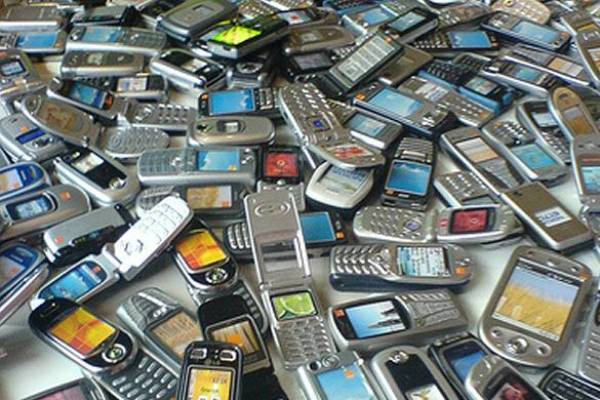You, as a customer are a stakeholder in every business you purchase goods/ services from. You don't go to board meetings, have a desk in the office or attend the company picnic but you're an important part of the process - so important, the business wouldn't exist without you.
While all businesses are (hopefully) aware of this, it didn't used to matter too much as there are a lot of you. To a big corporation you were just one customer and it used to be difficult, if not impossible, to make your voice heard.
If you have something to say then you could go directly but I don't think this carries much weight and singles you out as just one customer vs the company. Where would your complaint even go? It will most likely be heard by someone at customer services and if you're lucky, their manager. Will it go the distance you want it to? Will it reach the person it needs to? - To the person higher up, the person who makes the choice, the person who is actually responsible? I think not. In this way it is easy for your voice to go unheard.
While I was going through college I worked part time at a hotel and I used to see this all the time. For an example: A situation like food not being up to standard, customers would complain directly to me, the waiter, as if it was my fault. I didn't cook the food I merely brought it to them yet I shared most of the blame. The chef didn't hear the full extent of your complaint and at most it would go as high as the manager on duty.
Alternatively some customers chose to voice their opinions online through a hotel review site. As opposed to the other method which was heard only by me and at times my manager; These could potentially be heard by everyone. Importantly this included potential new customers, all staff and higher management. Even the CEO looked at and read reviews on this site.
The Internet is a soapbox to stand on.
Your voice gets heard and might match others or gain support - As customers group together visible trends emerge, the customer voice gains traction prompting a direct result from the business. An actual change brought about by you and those who share your opinion. All made possible by the use of the internet. The customer stakeholder is not quiet any more and can make a real difference.
Here are just few examples of how you can do so:
- Write an online review for an app or somewhere you have visited.
- Join a social networking group dedicated to a cause.
- Share yours and others experiences on social media.
- Don't just voice the bad but the positive too.
- If your not happy with the company where you are currently employed try Glass Door to write anonymously about it.
- If you have an issue with Customer Service and are having trouble getting noticed try Gripe Vine.
Sources:
http://www.dailywritingtips.com/wp-content/uploads/active-voice.jpg




